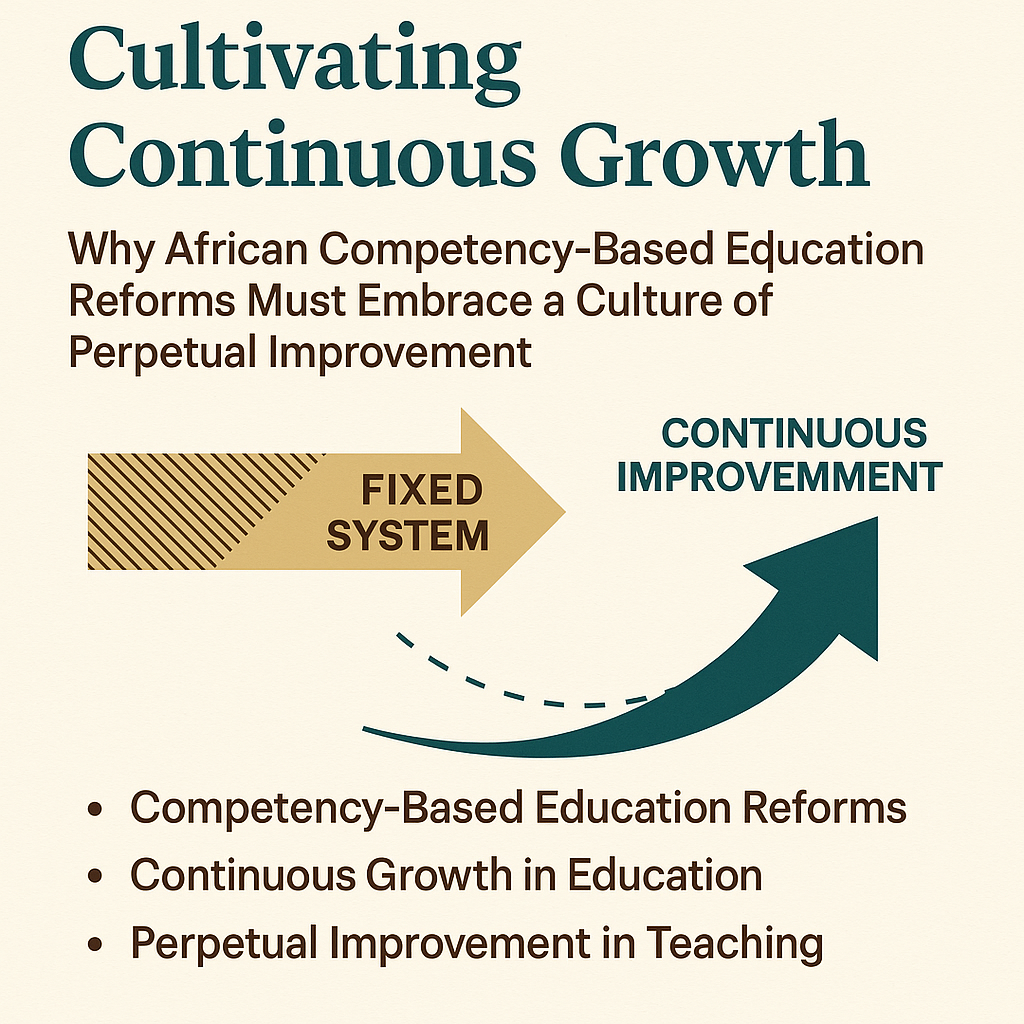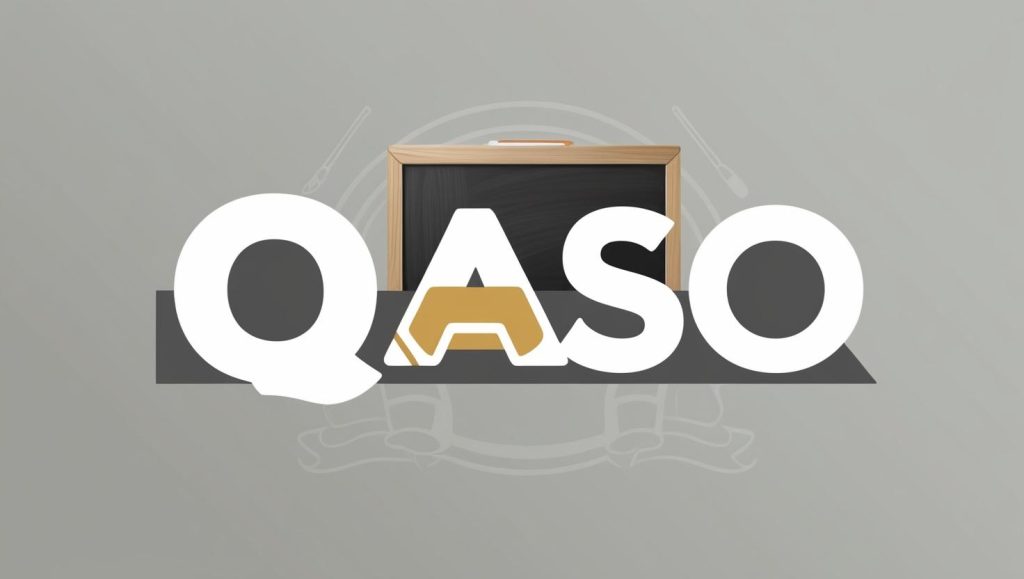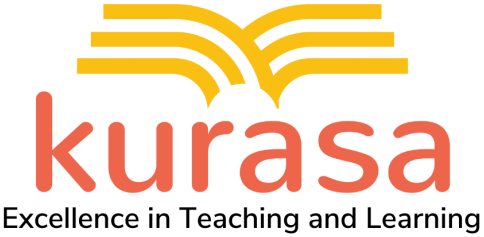
The practice of reflection has long been recognized as a cornerstone of professional growth and effectiveness in education. It is widely advocated as a means for educators to review, analyze, and refine their teaching methodologies, ultimately enhancing their efficacy in the classroom. The assertion that reflection is critical not only for student learning but also profoundly beneficial for those who teach underscores its dual impact. Teaching is an inherently dynamic profession, demanding continuous adaptation, learning, and development from its practitioners. Reflective practices serve as a vital mechanism through which educators can navigate the evolving landscape of student needs, curricular changes, and pedagogical innovations, thereby maintaining balance and fostering ongoing improvement. Within the broad spectrum of reflective strategies, mindful teacher journaling emerges as a particularly focused and potent modality. It is defined not as a mere chronological recording of daily events, akin to a diary, but as a specific, intentional form of reflection. This practice is characterized by its deliberate focus on examining current feelings, thoughts, and experiences with a particular goal or mindset, distinguishing it from less structured forms of journaling that may not offer the same depth of benefit. Mindful teacher journaling is thus positioned as a powerful tool that serves both the personal well-being of educators—through stress reduction and enhanced emotional regulation—and their professional development, by facilitating pedagogical refinement and heightened self-awareness.
Read More
Africa’s shift toward Competency-Based Education (CBE) is more than a curriculum overhaul—it’s a call to embed continuous growth into the DNA of our education systems. From Kenya to Ghana, Rwanda to South Africa, nations are reimagining learning through formative assessment, teacher development, and real-time feedback. But sustainable reform doesn’t come from a fixed blueprint—it thrives on perpetual improvement. This article explores how African countries, with support from platforms like Kurasa, are building systems that learn, adapt, and grow—just like the learners they serve.
Read More
Quality Assurance and Standards Officers (QASOs) are Kenya’s untapped force in education reform. Far beyond inspection, QASOs can lead Competency-Based Education (CBE) implementation by mentoring teachers, driving curriculum fidelity, and ensuring learner-centered practices — especially when equipped with the right digital tools. It’s time to reimagine their role as the bridge between policy and classroom impact.
Read More